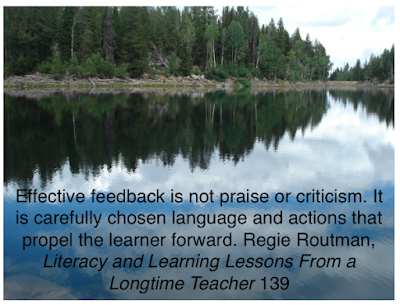I started the year thinking about reading wantability, and I'm still stuck on that word. Wantability increases the odds that my students will want to use all the skills and strategies we spend so much time practicing. Without wantability I'm simply dragging children through hoops. I do believe I've convinced most of my readers that all this work to become readers is worth it, but I refuse to assume my students have reached wantability satiation. I'm pushing myself to continually give them more reasons to love books, and so I again I'm wondering how to open the door to the literacy club a bit wider.
Sometimes the answers to our classroom questions lie within our own experiences, which is how I decided on my most recent wantability project.
I love book recommendations. When I get a good one, I typically can't wait to get my hands on that book. This is the exact feeling of wantability I desire for my students. So I began asking myself how I could use book recommendations with my readers.
I eventually want my students to recommend books to each other, but first they need to experience what it's like to be on the receiving end. They also need some mentor texts before it's eventually their turn to write them anyway. So I gave this letter to the staff in my building.
Within hours of sharing this letter books starting showing up, and readers in my room fell in love with more great books.
The story is unfinished. More books are on their way. Wantability is growing. This journey is never ending. I'll keep you posted.













